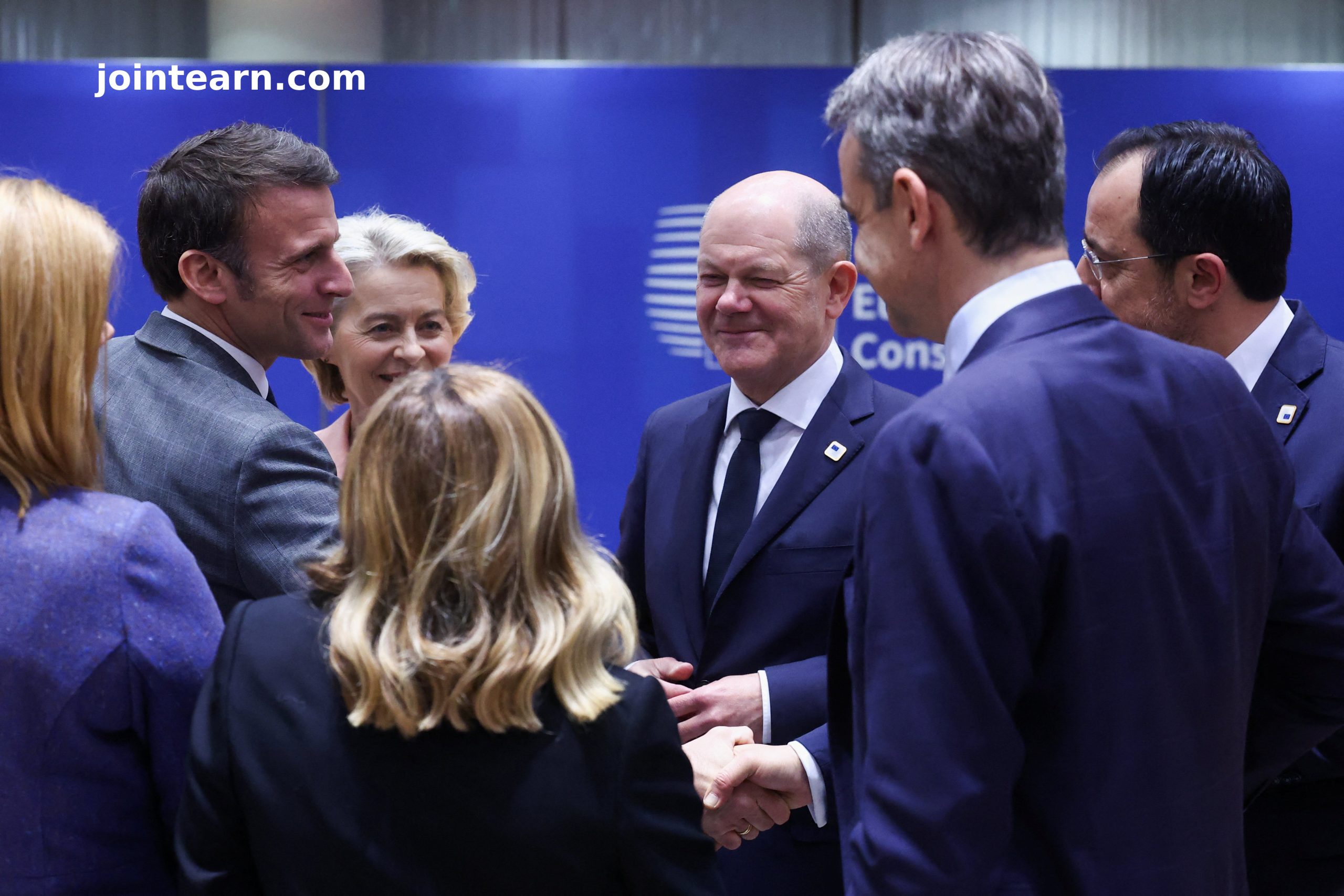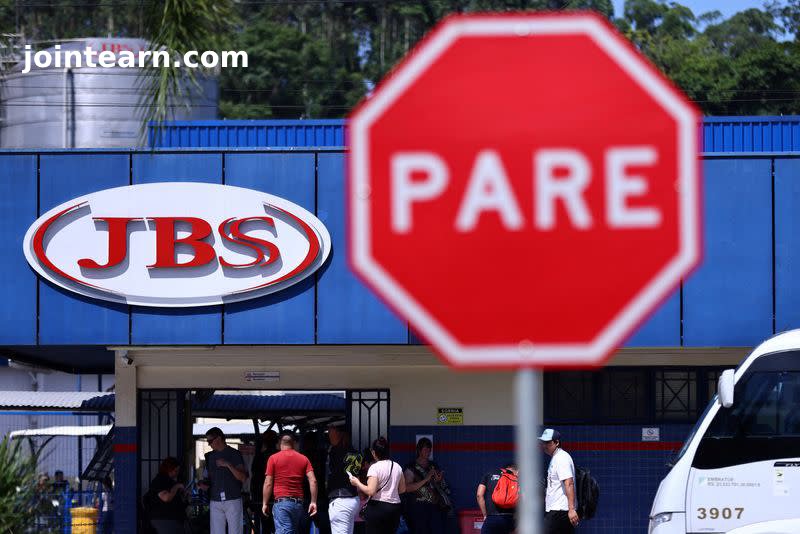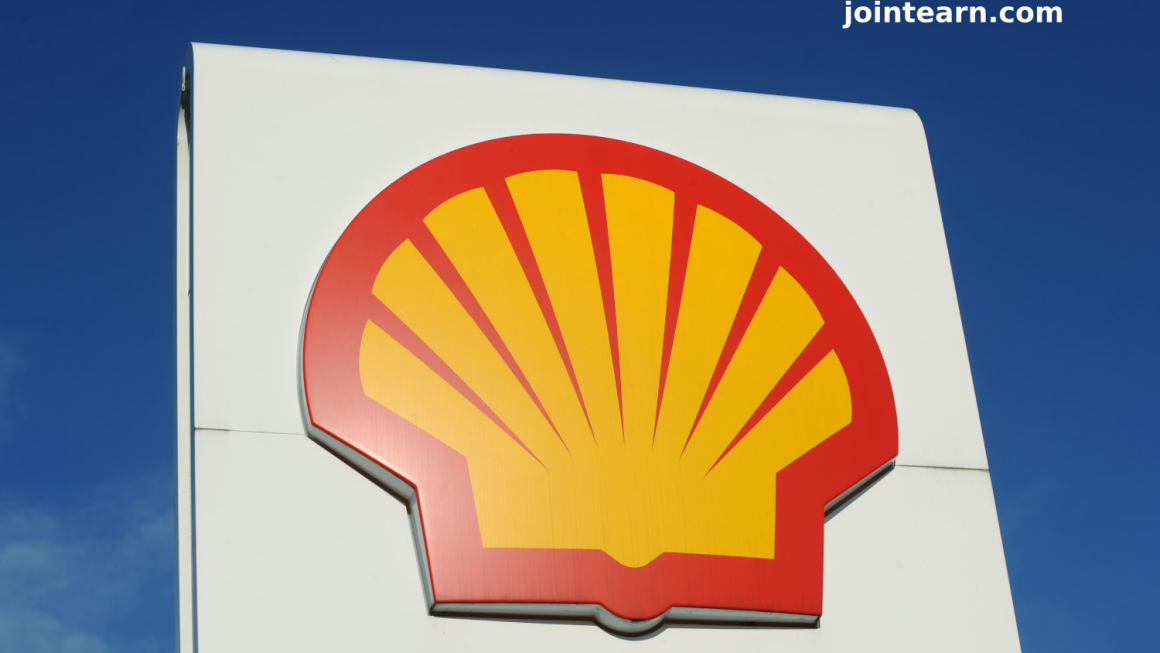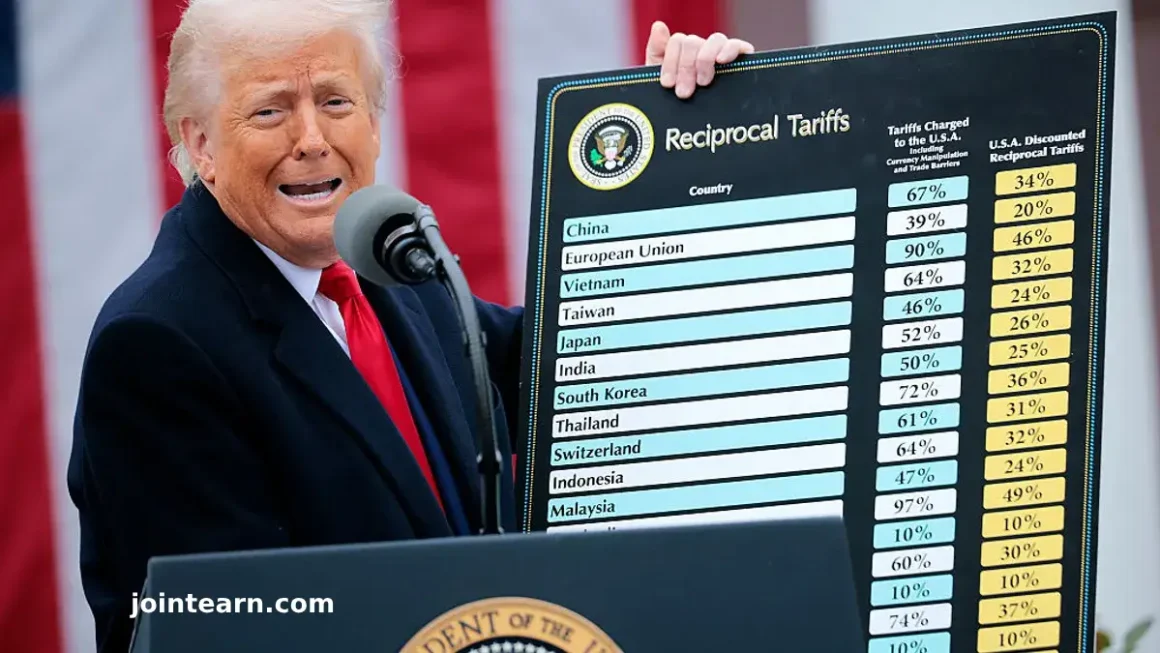In an exclusive report, Euroclear is set to redistribute approximately 3 billion euros ($3.4 billion) of frozen Russian funds to compensate Western investors following Russia’s seizure of foreign investor assets in the country. This payout will be made from a larger pool of 10 billion euros in frozen assets held at the Belgian clearing firm, which were frozen after the European Union (EU) imposed sanctions on Russia in response to its 2022 invasion of Ukraine.
Key Details:
-
Euroclear’s Role: The Belgian-based clearing firm Euroclear will begin redistributing 3 billion euros to Western investors who were affected by Russia’s seizure of funds in 2023. The payout will be part of an ongoing effort by the EU to address the impact of the sanctions on foreign investors.
-
EU’s Sanctions Regime: The European Union’s decision to release these frozen assets marks a significant shift in its sanctions strategy. The EU changed its sanctions regime late last year, allowing disbursement of funds to Western investors when their assets were confiscated by Russia. This move follows a similar trend where interest on frozen Russian assets has been used to fund Ukraine’s recovery.
-
Impact of Russia’s Actions: The Russian government has seized billions of euros from Western investors, leading to increased tensions and calls for restitution. In response, Euroclear has been under pressure from international investors to release the frozen funds.
-
Legal Authorization: In March 2025, Euroclear received clearance from the Belgian government to release the compensation amounts. The company notified its clients of the upcoming payout in an April 1 briefing.
-
Criticism of the Decision: The decision to redistribute frozen Russian wealth to investors has been met with criticism. Sanctions expert Jacob Kirkegaard from the Peterson Institute for International Economics described it as “morally reprehensible,” arguing that it prioritizes Western businesses over taxpayers and diverts funds from Ukraine’s reconstruction efforts.
-
Moscow’s Retaliation: In the ongoing geopolitical struggle, Moscow has warned that it would retaliate against the West’s use of frozen assets. In response, Russia has made legal changes to allow for the confiscation of these assets. Some of the seized funds have already been used by Russia to compensate local investors affected by the sanctions.
Broader Implications:
This move represents an escalation in the financial war between Russia and the West, as both sides attempt to recover and redistribute billions in frozen assets. It highlights the growing complexity of international sanctions and their impact on global investors.
Euroclear holds the majority of Russian wealth frozen in Europe, with more than 180 billion euros in assets under its control. This decision will likely have broader implications for international financial markets, as it could set a precedent for how frozen assets are managed in the future.
This decision comes amid Russia’s ongoing struggle with the effects of international sanctions, with its economy continuing to suffer as the war in Ukraine drags into its fourth year. Meanwhile, Moscow’s legal changes aim to give it more control over how its assets are distributed, intensifying the economic and diplomatic friction between Russia and the West.












